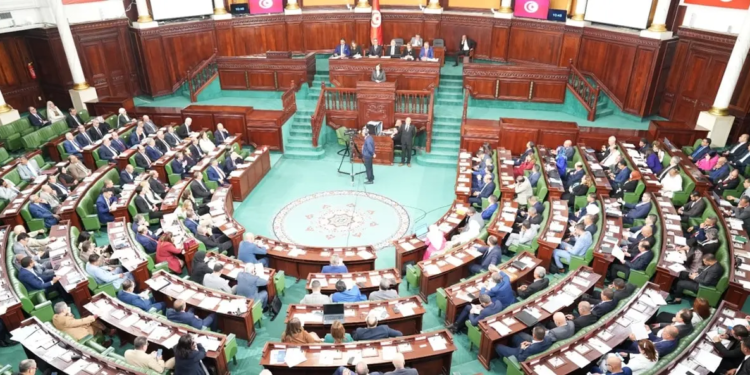The joint plenary session of the two chambers of Parliament resumed, Thursday morning, at the Bardo Palace, to continue the examination of the draft state budget and the 2026 finance law, in the presence of several members of the government.
Promises deemed unfounded without real investment
Throughout the debates, many deputies expressed their skepticism regarding the economic projections presented by the executive, believing that the figures put forward “remain simple slogans as long as investment remains absent from the budgetary priorities”.
They recalled that the promised structural reforms – in particular those relating to the law on foreign exchange, regional planning or even investment – “cannot materialize without the effective application of the measures planned in the 2025 budget”, reports the TAP agency.
A large part of the interventions focused on the crisis in the agricultural sector, with several deputies calling for small farmers to be put back at the center of economic policies.
They deplored that the latter have still not benefited from the promised credits, citing in particular the decline in exports of olive oil, once the flagship of the national economy.
Elected officials called for a modernization of agricultural equipment and the granting of financing facilities in order to revitalize this vital sector.
A persistent gap between macroeconomic figures and social reality
On the social level, several deputies stressed that citizens do not perceive any tangible improvement in their daily lives, despite the positive economic indicators put forward by the government.
They pointed to the erosion of purchasing power and the lack of concrete impact of budgetary policies on living conditions.
Other elected officials insisted on the low share of the budget allocated to the interior regions, estimated at only 29.9%. A figure deemed incompatible with the objectives of balanced development and territorial justice.
Growth at 3.3%: a forecast considered unrealistic
Parliamentarians called for a profound review of budgetary priorities in order to strengthen public investment in these highly precarious areas.
Finally, several deputies questioned the feasibility of the growth rate forecast at 3.3%, noting that more than 90% of budgetary resources come from tax revenues.
According to them, such a structure cannot support sustainable economic recovery without productive investments and effective structural reforms.
Read also








